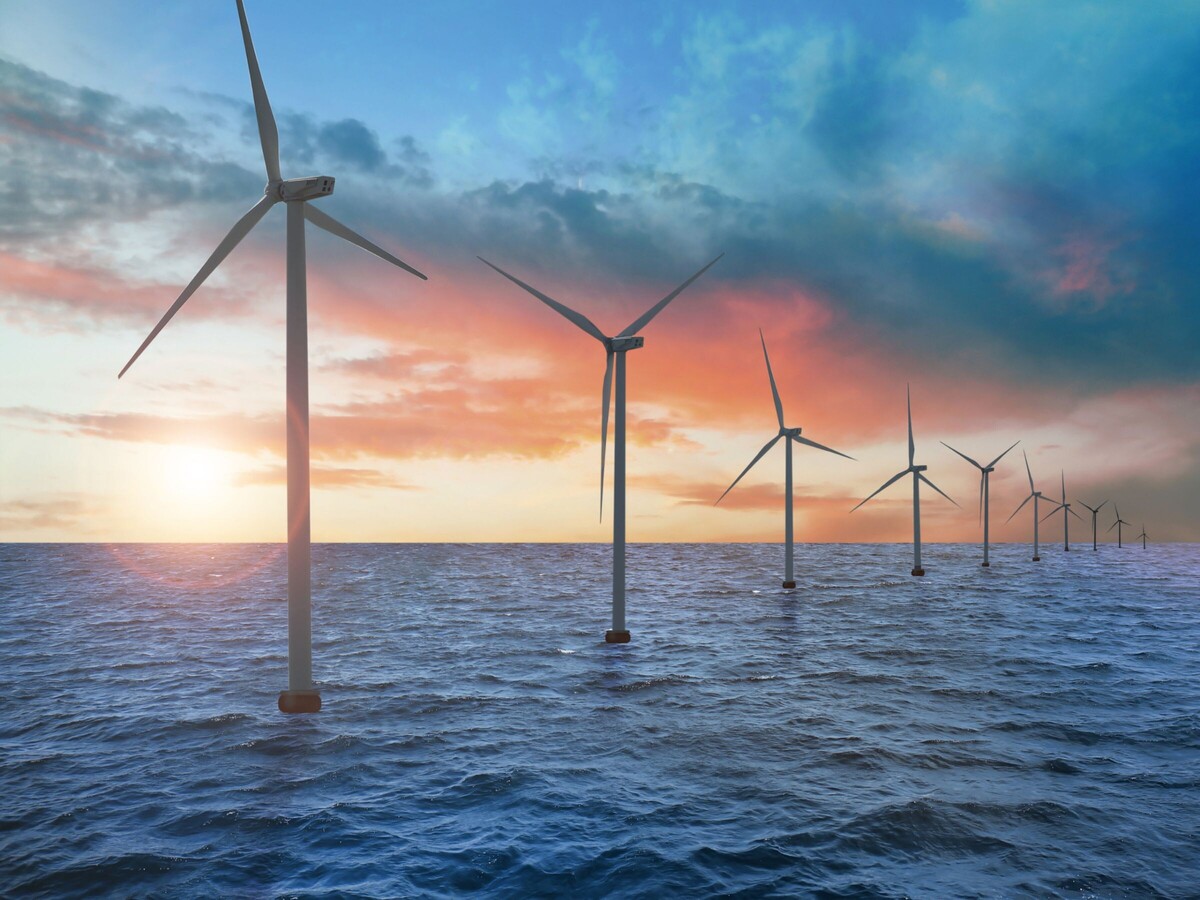Image


TRENTON - The New Jersey Department of Environmental Protection (DEP) and New Jersey Board of Public Utilities (BPU) have announced an additional $2 million in funding for environmentally responsible offshore wind energy development, and the state's collaboration with the Responsible Offshore Wind Science Alliance (ROSA).
"Development of offshore wind energy is a vital component of the Murphy Administration’s work to mitigate and respond to the worsening impacts of climate change,” said Commissioner of Environmental Protection Shawn M. LaTourette. “These projects will continue to advance the collection of baseline scientific information that will help ensure the responsible development and operation of offshore wind facilities that protect our coastline and its natural resources.”
The funds will support projects under the state's Offshore Wind Research & Monitoring Initiative (RMI), including a whale detection buoy, a species diversity study in offshore wind areas, and research on harbor seal movements. The state will also join ROSA, a nonprofit organization focused on fish and fisheries research related to offshore wind.
“We are deeply committed to doing all we can to ensure our offshore wind projects are implemented in as ecologically responsible a way as possible,” said NJBPU President Joseph L. Fiordaliso. “We are excited about the new RMI grants and their ability to assist us in protecting the environment as we move forward to reach Governor Murphy’s goal of 11 GW of offshore wind capacity by 2040.”
The following awards have been announced:
For more information about the Offshore Wind Research & Monitoring Initiative, visit https://dep.nj.gov/offshorewind/rmi.